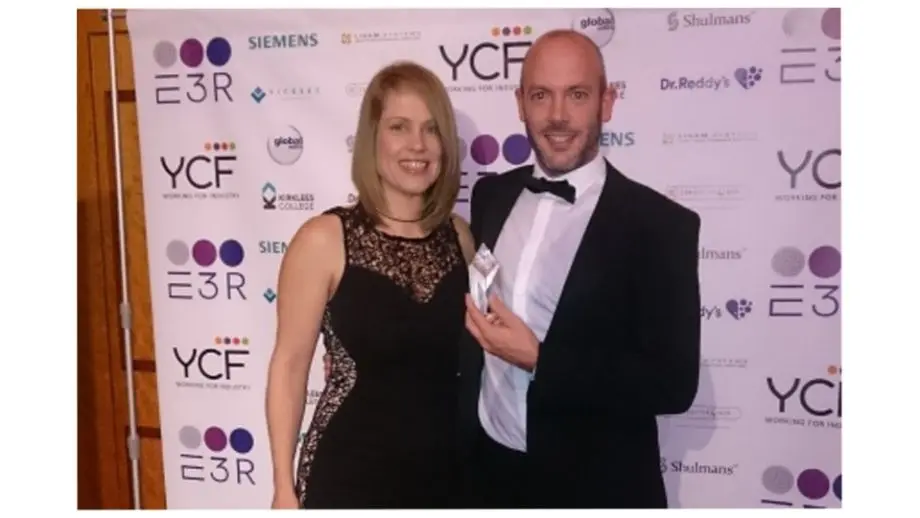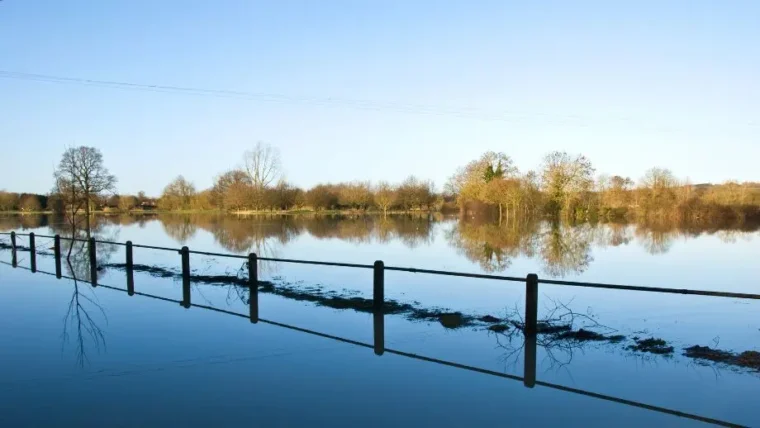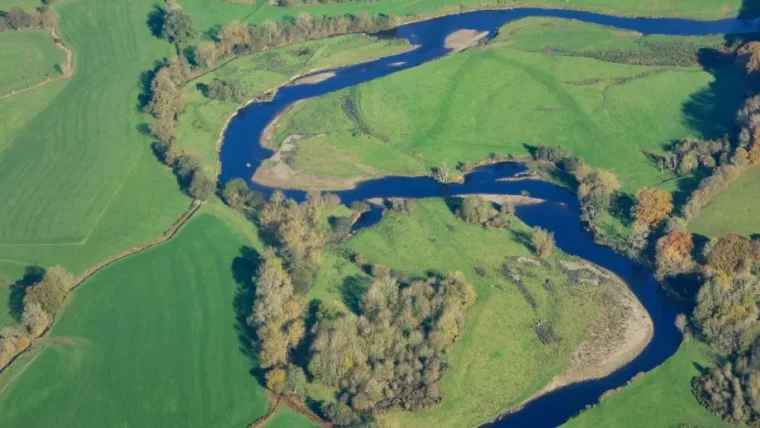
EMS are thrilled to have been awarded “Best Partnership with Academia” at the YCF People Awards held on the 19th October.
EMS were shortlisted for our partnership with Leeds Beckett University on the MANTIS Project. This project was developed to help tackle the challenge of broken hand-operated water pumps in sub-Saharan Africa. When community water pumps stop working, they can remain out of service for a long time due to their remote location, leaving the communities that rely on them without clean and safe access to water. In response, different types of ‘smart’ monitors are being developed using mobile communication networks. A fully functional prototype product (MANTIS: Monitoring and ANalytics to Improve Service) has been developed by EMS in collaboration with Leeds Beckett University. Due to its unique use of simple technology combined with advanced data compression algorithms, MANTIS is orders of magnitude less costly and less power hungry than competitor products for a similar useful return of information. MANTIS is very easily deployable by local operatives and we are currently conducting pilot installations in Sierra Leone.
The project team and EMS are justifiably proud of MANTIS. Its technical development has been a multi-dimensional puzzle – ably solved by our Technology Manager, Gary Thursfield. This is a new area of work for the business and our colleagues at Leeds Beckett University have given us great insight into how UK SMEs can contribute to solving problems in the developing world. Our star employee is Joseph Kobba – temporarily contracted to EMS. He has battled the rainy season in Sierra Leone to find field sites all over the Bumpe Ngao Chiefdom and sends us regular updates.
“Many communities in Sub-Saharan Africa are served by water infrastructure that is poorly functioning, or has fallen in to a state of disrepair; this can force local communities to use unprotected water sources, and increase their exposure to a range of water-related diseases. The contributory factors associated with these reliability problems are varied and complex. But there are indications that improved project monitoring strategies and support from external agencies may help address some of these issues. In this context, innovative remote monitoring systems like MANTIS might play an important role in improving WASH (Water, Sanitation and Hygiene) monitoring and may subsequently help deliver universal access to safe and affordable drinking water by 2030, which represents one of the key targets of UN Sustainable Development Goal 6.”
Dr Andy Swan, Senior Lecturer, School of Build Environment & Engineering, Leeds Beckett University









